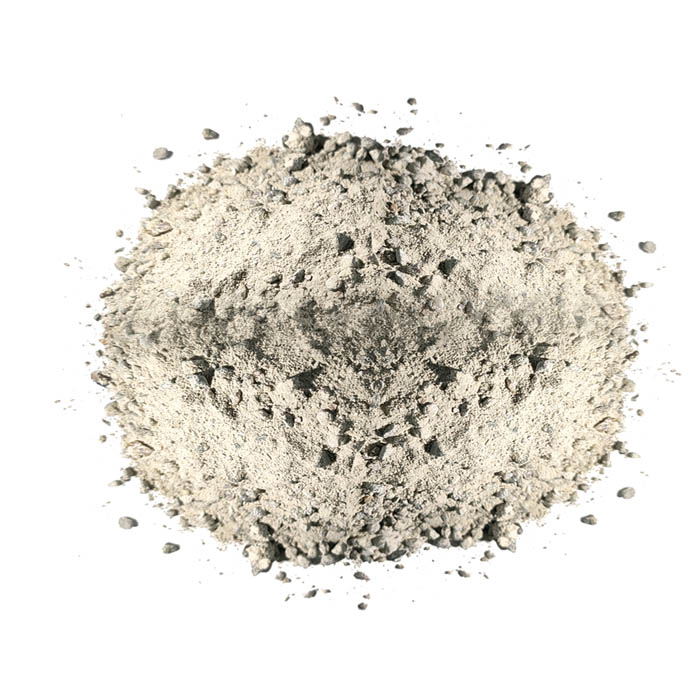Aug . 14, 2024 00:43 Back to list
Exploring Effective Insulation Solutions for Pipe Systems to Enhance Energy Efficiency and Reduce Heat Loss
Insulation Materials for Pipes Enhancing Energy Efficiency and System Longevity
Insulation of pipes is an essential aspect of both residential and industrial applications. It plays a critical role in maintaining the temperature of the fluids being transported, reducing energy consumption, preventing condensation, and protecting the pipes from environmental factors. Selecting the right insulation material is key to achieving optimal performance and efficiency.
Importance of Pipe Insulation
The primary function of pipe insulation is to reduce heat loss or gain. In hot water systems, appropriate insulation minimizes the energy required to maintain temperatures, whereas, in cold water systems, it prevents heat absorption from surrounding environments. This not only promotes energy efficiency but also helps in reducing operational costs. Furthermore, well-insulated pipes can prevent condensation, which can lead to water damage, mold growth, and other related issues.
Types of Insulation Materials
There are various insulation materials available for piping systems, each with its unique properties and advantages
. Some of the most commonly used insulation materials for pipes include1. Fiberglass Insulation This is one of the most popular pipe insulation materials. Fiberglass is non-combustible and offers excellent thermal resistance (R-value). It comes in pre-formed sections that can be easily applied to various pipe sizes. The material is lightweight and flexible, making it easy to install. However, proper protective gear must be used during installation to prevent skin irritation.
2. Foam Insulation Polyethylene and neoprene foam insulations are popular choices for both hot and cold pipes. These materials provide outstanding thermal resistance and are resistant to moisture, thus preventing mold growth. Foam insulation is often available in self-adhesive sheets, making installation quick and efficient.
insulation materials for pipes

3. Mineral Wool (Rock Wool) Insulation Known for its excellent soundproofing capabilities as well as thermal resistance, mineral wool is often used in industrial applications. It can withstand high temperatures and possesses fire-resistant properties, making it a robust choice for environments where fire safety is a concern.
4. Reflective Insulation Reflective or radiant barrier insulation is particularly effective in situations where cooling is necessary. This type of insulation reflects radiant warmth away from the pipes, thus maintaining cooler temperatures. It is often used in HVAC applications and spaces with significant temperature fluctuations.
5. Spray Foam Insulation Spray foam provides a seamless, air-tight seal around pipes, thus preventing thermal bridging and minimizing heat loss or gain. It excels in irregularly shaped or hard-to-reach areas. However, spray foam can be more expensive compared to other materials and requires professional application.
Considerations for Choosing Insulation
Choosing the right insulation material involves considering multiple factors, including the specific application, temperature ranges, environmental conditions, and local building codes. Additionally, factors like ease of installation, cost, and fire resistance should be carefully evaluated.
Moreover, paying attention to the insulation thickness is crucial. A thicker layer often provides better thermal performance, but space constraints can limit installation options. Lastly, investing in high-quality materials can enhance durability and system efficiency over time, reducing the need for frequent repairs or replacements.
Conclusion
Insulating pipes is a vital investment for energy efficiency and longevity in plumbing and piping systems. By understanding the various types of insulation materials available and their respective advantages, homeowners and facility managers can make informed decisions that contribute to sustainable practices and cost savings. Proper insulation not only protects pipes but also promotes a healthier living and working environment by minimizing moisture-related issues and noise pollution.
-
Eco-Friendly Granule Covering Agent | Dust & Caking Control
NewsAug.06,2025
-
Fe-C Composite Pellets for BOF: High-Efficiency & Cost-Saving
NewsAug.05,2025
-
Premium Tundish Covering Agents Exporters | High Purity
NewsAug.04,2025
-
Fe-C Composite Pellets for BOF | Efficient & Economical
NewsAug.03,2025
-
Top Tundish Covering Agent Exporters | Premium Quality Solutions
NewsAug.02,2025
-
First Bauxite Exporters | AI-Optimized Supply
NewsAug.01,2025
